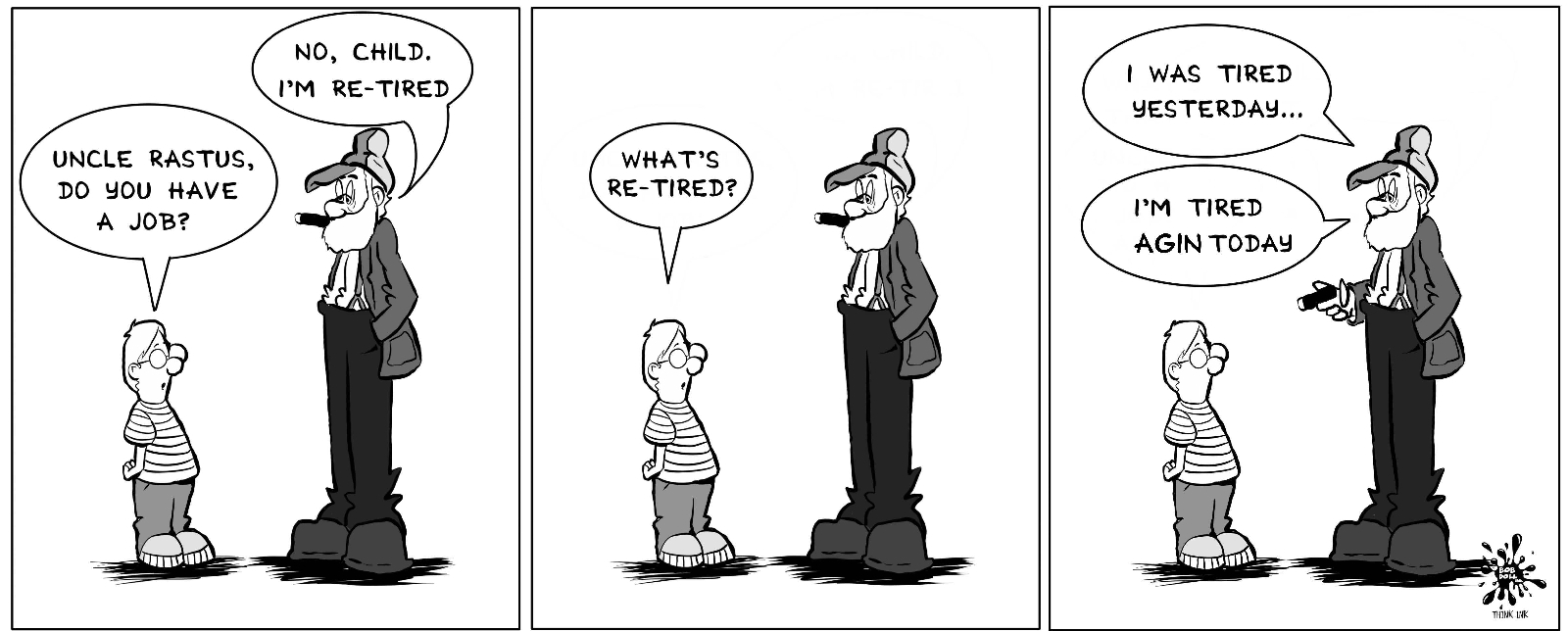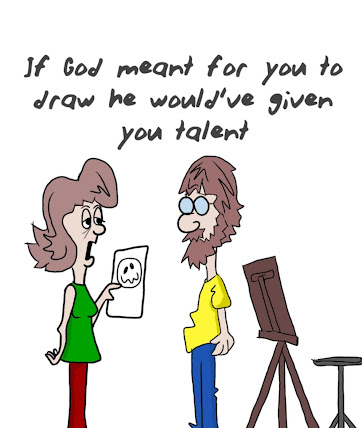Part
of my job is to be at company Christmas parties not as an employee, but as part
of the entertainment. In case you're not aware, I draw caricatures of the employees.
I must admit that some of these revelries are
quite impressive as a result of the deep pockets of the corporation and
sometimes I feel not only out of place but it’s as though I walked onto a set
of a Hollywood production like The Godfather or The Great Gatsby because
of the opulence and elegance of the venue.
I also have a confession. I sometimes feel envious of the attending underlings because they are having so much fun and they partake of the outstanding dinners prepared by first class chefs (I snuck a bite of some boiled crab and it made my toes curl) and receive the gifts and bonuses from their company.
Don’t
get me wrong, I am a firm advocate of running self-employment but I sometimes
would like just a taste of the other side. When I have those inclinations, it’s
usually only for the duration of the event and I can focus on my own, again,
afterwards.
Then
I’d begin thinking about it. There have
been times in days past when I was part of a company that did
Christmas parties. Certainly, they may not have been as posh as the ones
described above but they were very nice indeed, but what was the ultimate price
I paid for the privilege?
I
might save the long answer for another time but, in short, I lost control of my
future, my personal goals, my hopes for the future. The parties were forgotten about
the next day, and the Christmas bonuses are long gone. In fact, when my
apparent usefulness to the companies was through, I was tossed aside and coldly
left without a means of income without regard to my needs or the needs of my
family. Some party, huh?
So,
as a quick reminder to myself, I earn more money in the two or three hours of drawings
that I’m providing for the company that hired my services than I used to make
all week as an employee and for the privilege of attending their Christmas party.
No
thank you.







.jpg)


















